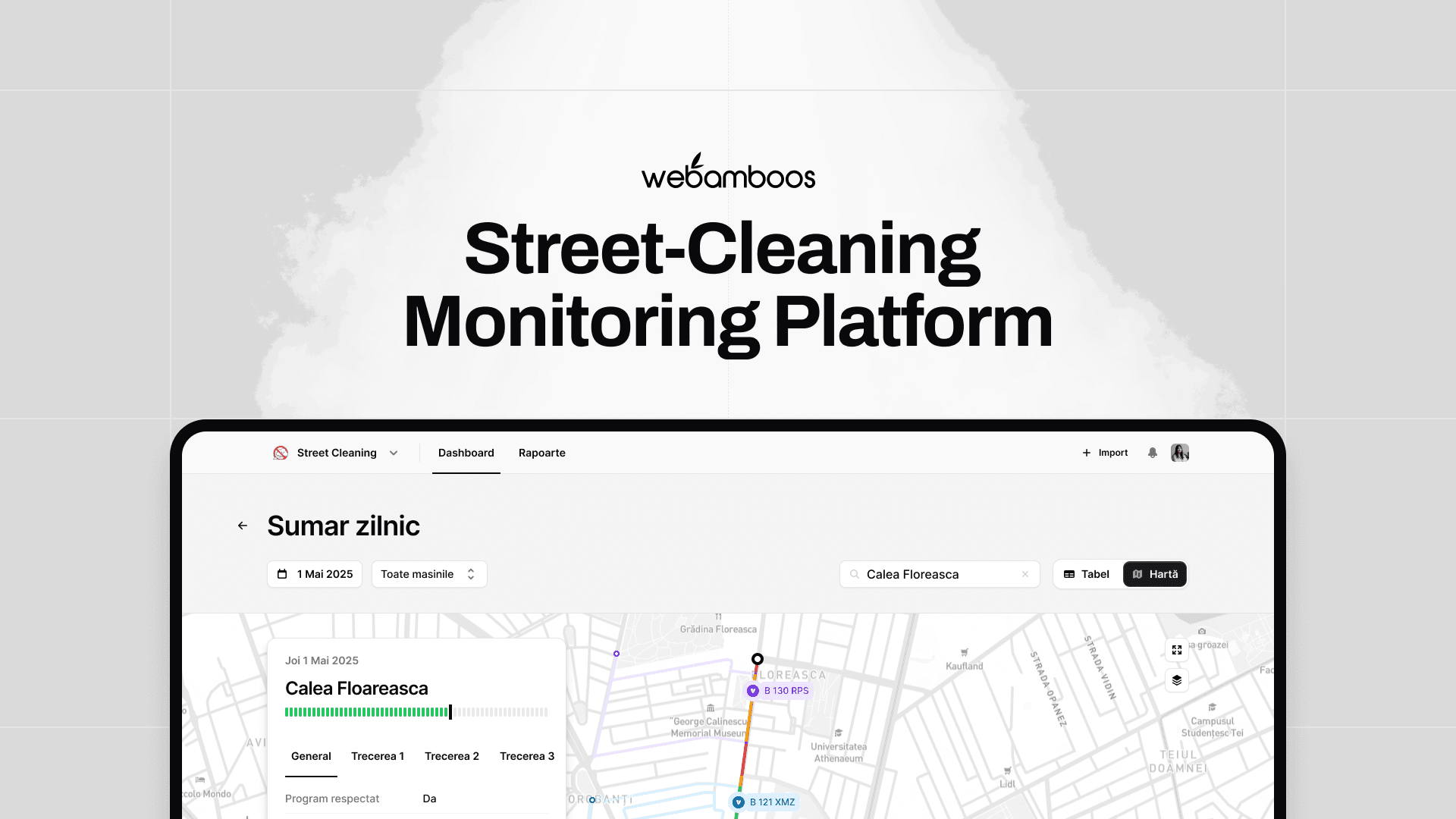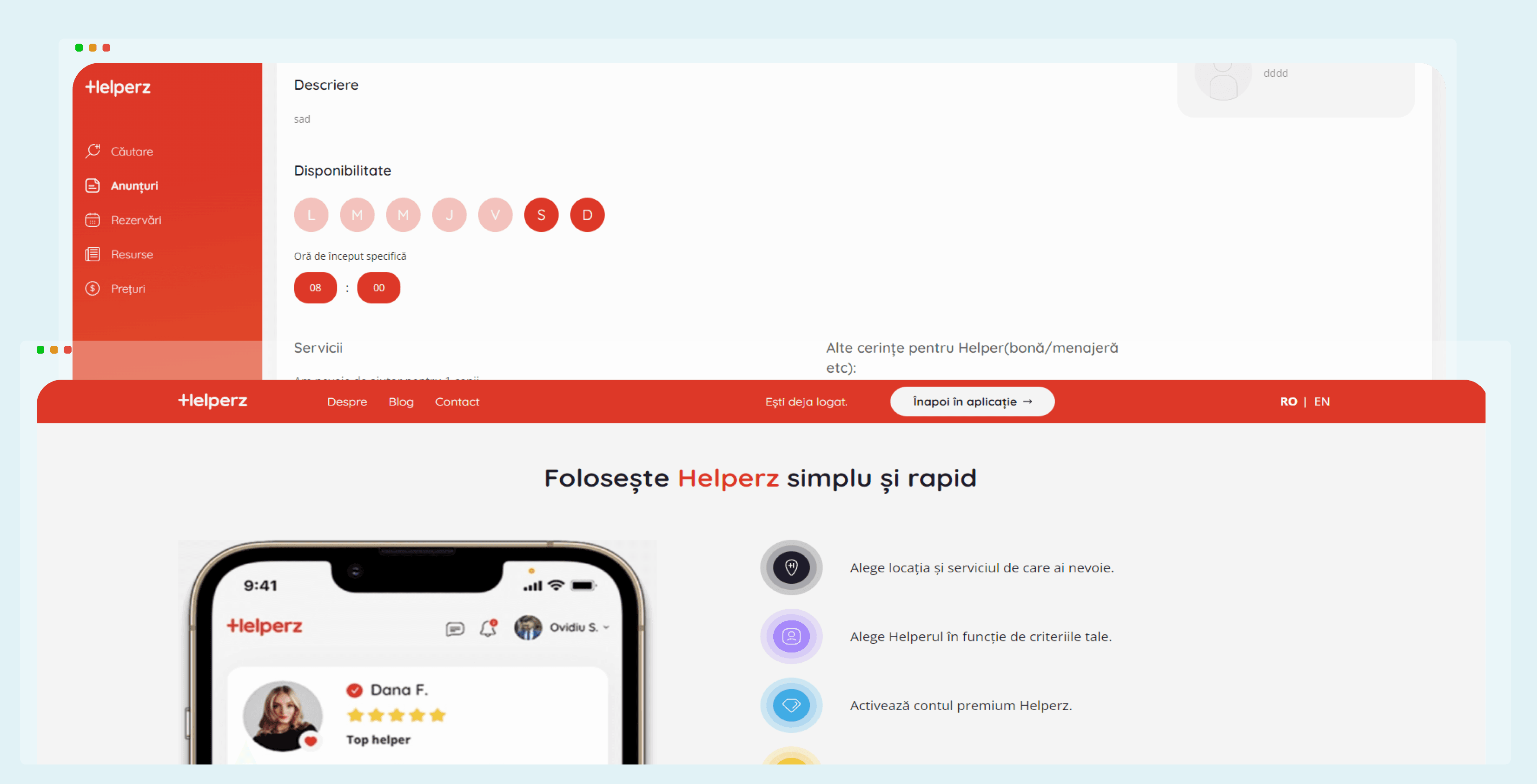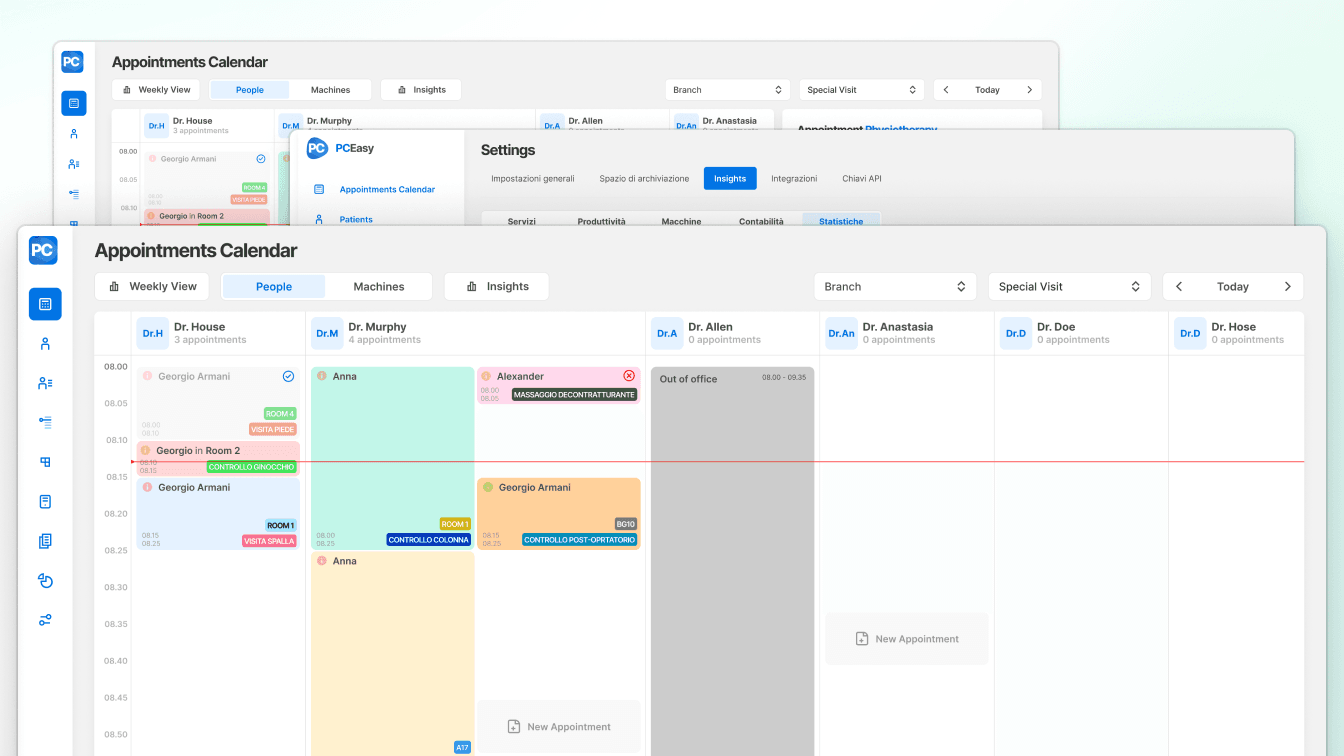Introduction
Node.js, often simply referred to as Node, is a groundbreaking technology that has revolutionized the landscape of web development. In this blog post, we'll explore the inception of Node.js, its open-source nature, the vibrant community around it, and highlight some of the major companies and projects that have harnessed its power.
The Birth of Node.js
Node.js was created by Ryan Dahl, a talented developer, in 2009. Dahl's frustration with the limitations of traditional server-side technologies led him to explore a new approach. He wanted a runtime environment that could handle asynchronous operations efficiently and enable developers to build scalable, high-performance applications. This vision gave birth to Node.js.
Open Source from Day One
Node.js has always been open source, released under the MIT License. This decision was pivotal in its rapid adoption. Developers from around the world could contribute to its development and create an ecosystem of modules and packages, making Node.js a versatile and dynamic platform.
The Node.js Community
The Node.js community is a vibrant and collaborative group of developers, engineers, and enthusiasts. It includes contributors from various backgrounds who actively participate in the development, documentation, and support of Node.js. The community's inclusiveness and commitment to open source have played a crucial role in Node.js's success.
Big Names Powered by Node.js
Node.js has earned its place in the tech world, thanks to its impressive performance and scalability. Many big, famous, and important companies and projects have adopted Node.js for various purposes. Here are a few notable examples:
Netflix: The world's leading streaming service relies on Node.js for its user interfaces. It enables a responsive, fast, and engaging user experience across a wide range of devices.
LinkedIn: LinkedIn, the professional networking platform, chose Node.js for its mobile backend services, ensuring real-time updates and smooth user interactions.
Uber: Uber uses Node.js for its dispatching system, ensuring efficient and reliable real-time communication between riders and drivers.
PayPal: PayPal's frontend is powered by Node.js, allowing for a responsive and dynamic interface that handles millions of transactions securely.
NASA: NASA selected Node.js for its web applications, leveraging its performance capabilities to provide real-time data and information to the public.
Walmart: Walmart adopted Node.js for their e-commerce platform, enabling a scalable and responsive shopping experience for millions of customers.
GitHub: The world's largest platform for code collaboration, GitHub, uses Node.js extensively to power its web services and real-time features.
Conclusion
Node.js has come a long way since its inception in 2009. Its open-source nature, active community, and impressive performance have made it a top choice for both startups and established giants in the tech world. As Node.js continues to evolve and adapt to the ever-changing landscape of web development, it remains a powerful tool for building scalable and efficient applications. Whether you're a developer, a business owner, or simply interested in technology, Node.js is a technology worth exploring and embracing.






















